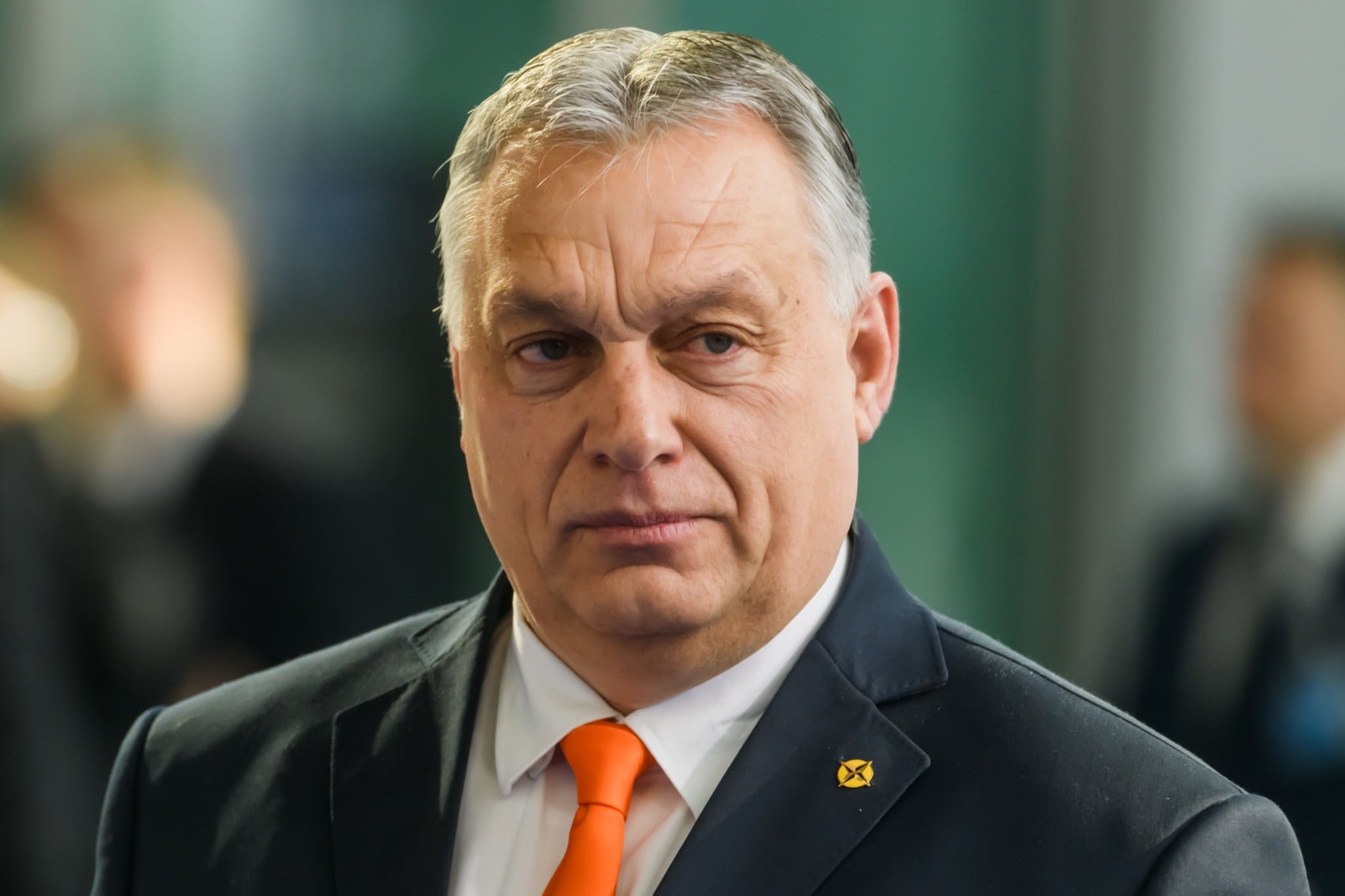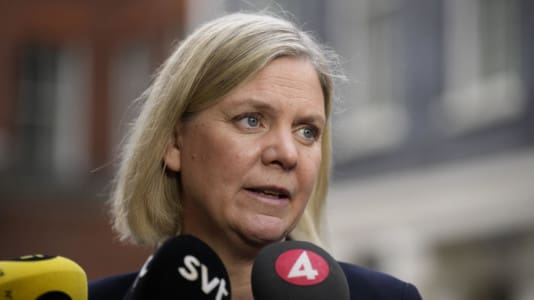Hungarian Prime Minister Viktor Orbán has been added to a list of enemies of Ukraine compiled by the far-right website, Mirotvorec.
The site has already published the names of tens of thousands of people with personal information, such as their date of birth, passport number and home address. According to experts, the operators of the website could not have accessed such data without the assistance of the Ukrainian internal security service.
The Mirotvorec website was created in 2014 following the Russian annexation of Crimea and its de facto occupation of Donbass.

The list is described by many as a kill list, particularly so following the 2015 assassination of writer and journalist Oles Buzina, or the Russian opposition politician Oleg Kalashnikov, both of whom were identified as “enemies of Ukraine” by the website.
Why would Orbán be on the list?
Following Russia’s invasion of Ukraine, Orbán has chosen an anti-war route, refusing to send weapons to Ukraine or allow the transit of weapons through his country. He has also opposed energy sanctions on Russia, arguing that it would be both catastrophic for his country’s economy and for the economy of Europe, a position backed by a number of economic experts.
[pp id=33340]
Ukraine has actively attacked these positions, and Ukrainian President Volodymyr Zelenskyy has verbally attacked Orbán in the run-up to the Hungarian elections in an effort to derail his reelection bid. The Ukrainian government has also directed increasingly caustic rhetoric against Hungary, accusing the country of wanting to annex the western part of Ukraine.
Other Hungarians on the list
A few years ago, when then German Chancellor Gerhard Schröder was included on the list, the German Foreign Ministry criticized the operation of Mirotvorec. The Ukrainian Ambassador to Ukraine Andriy Melnyik had explained that since the portal was privately owned and that freedom of speech was raised, Kyiv could not restrict the portal. However, when opposition media and televisions had to be shut down, they were able to do so without further ado.
Orbán is not the first Hungarian politician to have been included on the kill list, for example Foreign Minister Péter Szijjártó has also been targeted by the website for a considerable length of time.
László Brenzovics, the president of the Hungarian Cultural Association of Transcarpathia has also been added to the list as well as that of Olivér Várhelyi, Hungary’s EU Commissioner for Enlargement.






